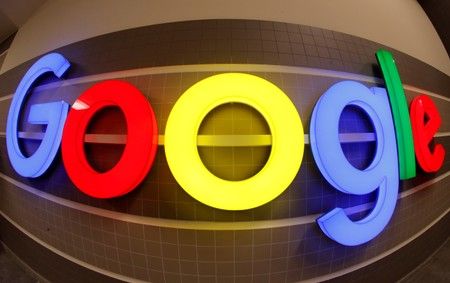By David Shepardson
WASHINGTON (Reuters) – Bipartisan U.S. efforts to give news outlets new tools to collectively negotiate with large tech firms collecting the bulk online advertising revenue won support on Tuesday at a U.S. House Committee hearing on the fate of local journalism.
U.S. newspapers have cut thousands of jobs as the industry’s ad revenue has fallen 65% to $16.4 billion since 2005, while companies like Alphabet Inc’s Google and Facebook Inc have seen a dramatic jump in online ad revenue.
The bill, which gives small publishers a four-year safe harbor to band together to negotiate with online platforms, won industry backing at an antitrust subcommittee hearing Tuesday.
The bill, which would exempt publishers from some antitrust rules, was introduced by the chair of the House Judiciary Committee’s subcommittee on antitrust, David Cicilline, a Democrat, and Representative Doug Collins, the top Republican on the panel.
At the hearing, Cicilline said local journalism had been pushed “to the verge of extinction” and that the bill would provide “a much-needed lifeline to local publishers who have been crushed by Google and Facebook.”
“We must do something in the short term to save trustworthy journalism before it is lost forever,” Cicilline said.
Collins noted that “if individual news outlets could count on being able to negotiate fair attribution and advertising-revenue agreements with the online platforms, the bleeding could be stopped.”
Richard Gringras, vice president of News at Google, said in an emailed statement that Google drives “over 10 billion clicks to publishers’ websites, which drive subscriptions and significant ad revenue.”
Matt Schruers, a vice president at the Computer & Communications Industry Association whose members include Google, Facebook and Amazon.com Inc, told the committee that “attempting to preserve public interest news with another antitrust exemption for news publishers is unlikely to succeed.”
He added that “permitting favored businesses to cartelize runs counter to U.S. antitrust norms and would disrupt an otherwise functioning market economy.”
David Chavern, who heads the News Media Alliance representing over 2,000 newspapers, said control by “a small cadre of tech giants … over news distribution and monetization threatens the very survival of news organizations.”
News Corp General Counsel David Pitosky told the committee that “the marketplace for news is broken. Healthy markets should incentivize investment, risk and effort by rewarding companies that actually develop superior products.”
(Reporting by David Shepardson; Editing by Richard Chang)














